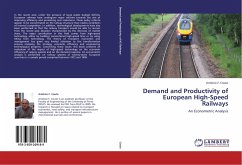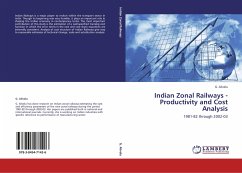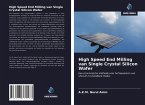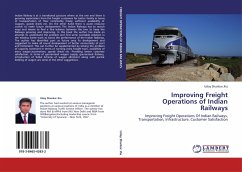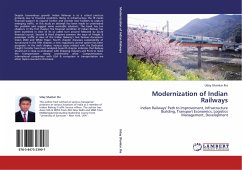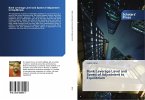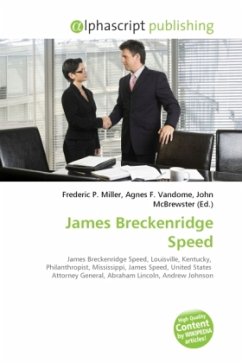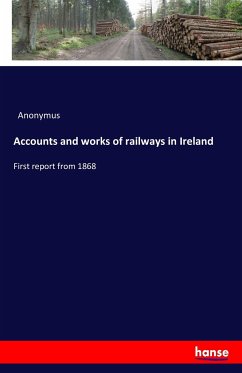In the recent past, under the pressure of large public budget deficits, European railways have undergone major reforms towards the aim of improving efficiency and promoting cost reductions. These policy reforms appear to be concentrated on the railway structure that creates conditions of internal competition. In addition, technological developments have also been performed so that the railway transport would be able to recover from the recent past situation characterised by the decrease of market share. The major contribution in this field comes from high-speed technology, either by building conventional high-speed lines or by using tilting train technology. The theory of transport economics and management has given very limited attention to this transformation process involving the strategy, economic efficiency and engineering technological progress. Concerning these issues, this book presents an evaluation of the impact of high-speed technology on the economic efficiency of railway systems and on the demand response. An econometric analysis is performed on railway systems of twenty-seven European countries in a sample period comprised between 1972 and 1999.
Bitte wählen Sie Ihr Anliegen aus.
Rechnungen
Retourenschein anfordern
Bestellstatus
Storno

